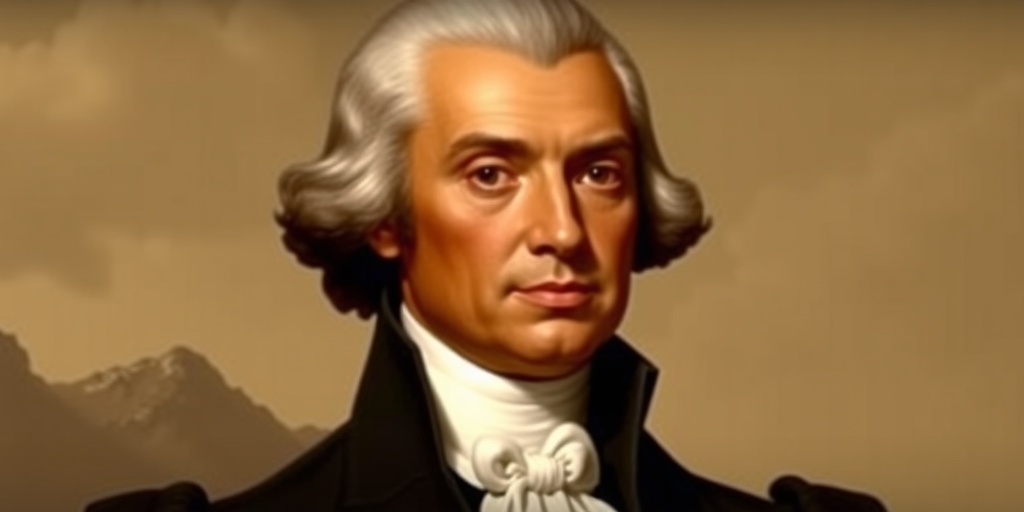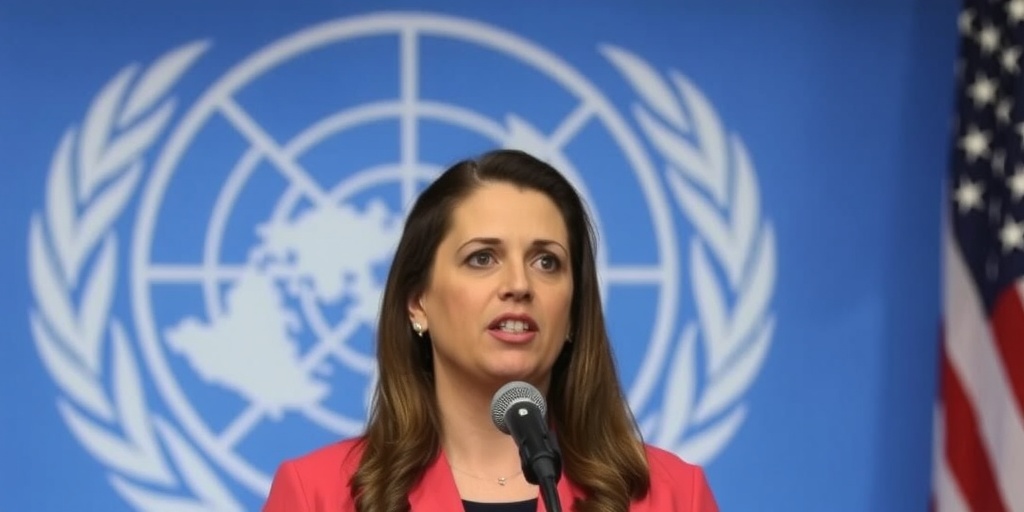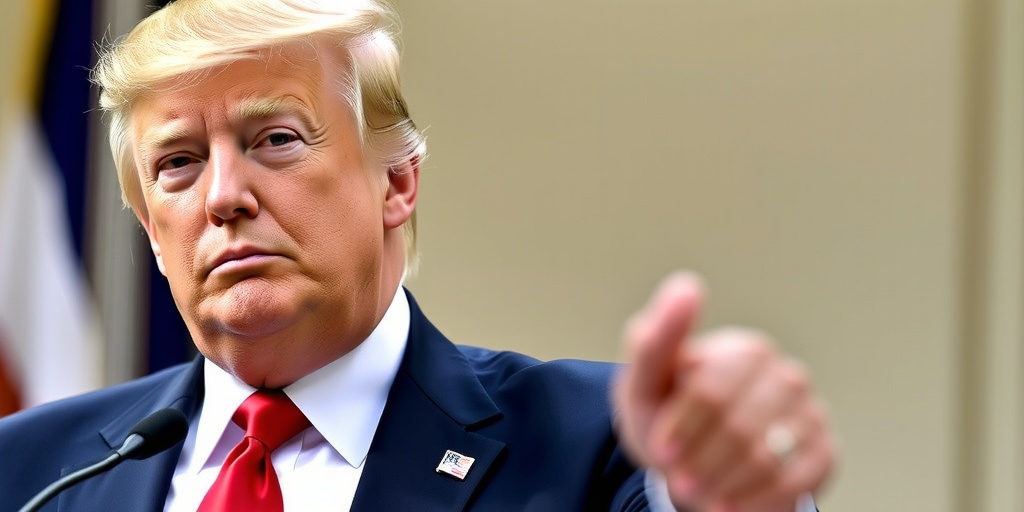Now Reading: Marian Turski, Holocaust Survivor and Advocate, Dies at 98
-
01
Marian Turski, Holocaust Survivor and Advocate, Dies at 98
Marian Turski, Holocaust Survivor and Advocate, Dies at 98

Marian Turski, Holocaust Survivor and Advocate for Justice, Passes Away at 98
Marian Turski, a prominent Holocaust survivor and a fervent advocate against racial and ethnic injustice, has died at the age of 98. He passed away on February 18 at his home in Warsaw, Poland. Turski dedicated his life to speaking out on behalf of his fellow victims of the Nazis, warning against the perils of indifference toward human rights abuses.
The announcement of his death was made by the Polin Museum of the History of Polish Jews, an institution he played a significant role in establishing and had chaired since 2009. Turski’s commitment to education and remembrance of the Holocaust was evident in his lifetime achievements.
Born Mosze Turbowicz on June 26, 1926, in Druskininkai, a town that was once part of Poland and is now located in Lithuania, Turski’s life was profoundly affected by the Holocaust. His experiences during this dark period included the loss of family members; his father and younger brother were among those killed at Auschwitz, and he lost a total of 39 relatives during the genocide. His mother survived the war, having been sent to Bergen-Belsen.
During a speech marking the 75th anniversary of the liberation of Auschwitz-Birkenau in 2020, Turski expressed concern over the rising tide of antisemitism in the world. “Auschwitz did not fall from the sky,” he warned. “It began with small forms of persecution of Jews. It happened; it means it can happen anywhere. That is why human rights and democratic constitutions must be defended.” His poignant words resonated deeply, reflecting both his own experiences and a broader historical warning about the consequences of apathy in the face of injustice.
Turski was an outspoken advocate of what he called “the 11th Commandment: Don’t be indifferent.” He urged people not to ignore historical lies, discrimination against any minority, or violations of social contracts by those in power. He emphasized that indifference could lead to a recurrence of atrocities, asserting, “If you are indifferent, before you know it, another Auschwitz will come out of the blue for you or your descendants.”
His life post-World War II was marked by a commitment to ensure that the memories of those who perished would not be forgotten. He became a prominent voice among Holocaust survivors, serving as a columnist for the Polish weekly Polityka, a role he took on in 1958, and as chairman of the Association of the Jewish Historical Institute of Poland from 1999 to 2011. Turski also edited various volumes of eyewitness accounts, including “Jewish Fates: A Testimony of the Living.”
Despite his harrowing past, Turski devoted himself to building a better future. Menachem Z. Rosensaft, an adjunct law professor at Cornell University and son of Holocaust survivors, remarked that Turski exemplified those survivors who chose to focus on the future rather than wallow in suffering. “He devoted himself to ensuring that nothing like the horrors he and European Jewry experienced in the Holocaust would happen again to anyone else,” Rosensaft stated.
In his later years, Turski remained active in commemorating the events of the Holocaust. Only weeks before his death, he returned to Auschwitz to participate in ceremonies commemorating the 80th anniversary of its liberation by the Soviet army. His dedication to this cause was unwavering, and he believed it was essential to remember and educate future generations about the lessons of history.
Following the war, Turski returned to Poland as a committed Socialist, adopting the name Marian Turski amid the antisemitism prevalent in the country. He earned a degree in history from the University of Wroclaw and became increasingly involved in Communist politics throughout the late 1940s and 1950s. However, by the late 1960s, his views shifted, particularly due to the Soviet regime’s antisemitic policies.
Even as he grappled with his past, he sought to ensure that the lessons learned from the Holocaust would resonate in the consciousness of future generations. In interactions with international leaders, including former President Barack Obama, Turski articulated his commitment to civil rights and social justice, emphasizing solidarity with all who fought against discrimination and division.
Marian Turski is remembered not just as a survivor but as a voice of conscience who stood firm against the backdrop of history. He leaves behind a legacy of activism and advocacy, inspiring countless individuals to uphold the importance of remembrance and justice in a world that can often forget. He is survived by his daughter, Joanna Turski; two grandchildren; and two great-grandchildren, carrying forth his enduring legacy.
Stay Informed With the Latest & Most Important News
Previous Post
Next Post
-
 01New technology breakthrough has everyone talking right now
01New technology breakthrough has everyone talking right now -
 02Unbelievable life hack everyone needs to try today
02Unbelievable life hack everyone needs to try today -
 03Fascinating discovery found buried deep beneath the ocean
03Fascinating discovery found buried deep beneath the ocean -
 04Man invents genius device that solves everyday problems
04Man invents genius device that solves everyday problems -
 05Shocking discovery that changes what we know forever
05Shocking discovery that changes what we know forever -
 06Internet goes wild over celebrity’s unexpected fashion choice
06Internet goes wild over celebrity’s unexpected fashion choice -
 07Rare animal sighting stuns scientists and wildlife lovers
07Rare animal sighting stuns scientists and wildlife lovers





















